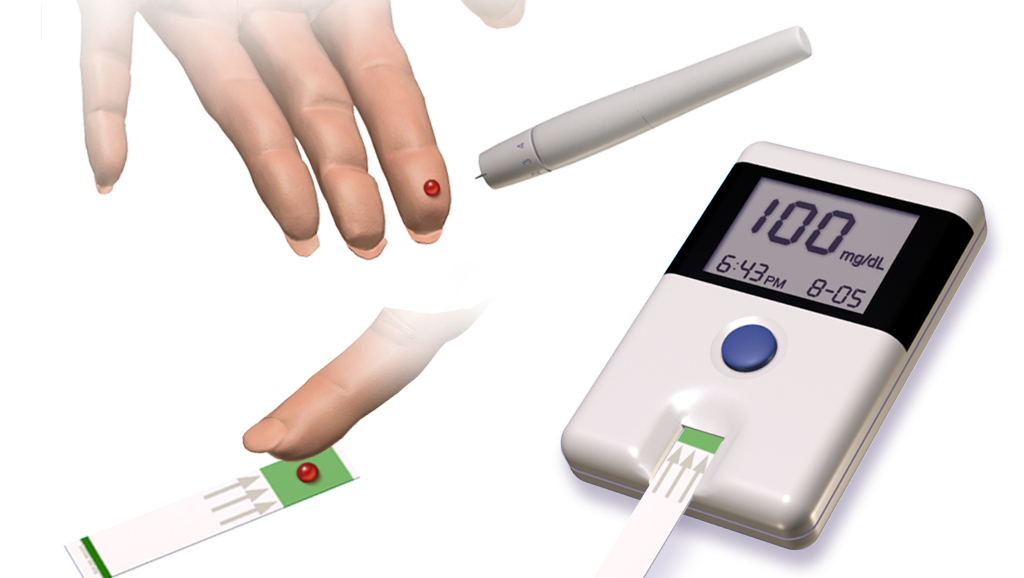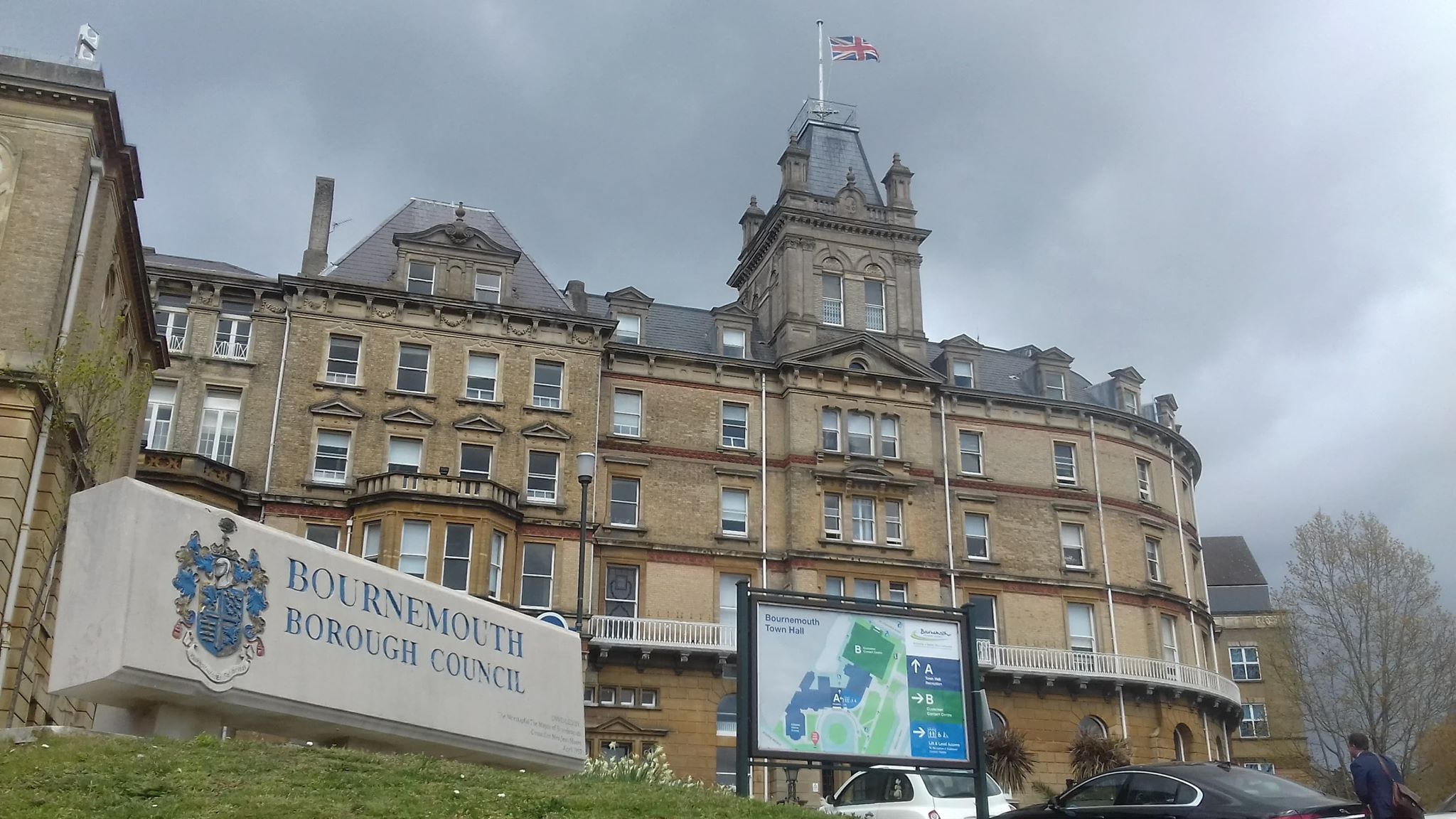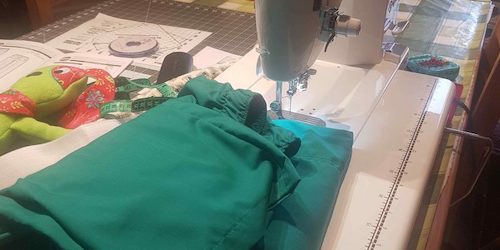More than two thirds of people with diabetes in Bournemouth are struggling to manage their condition, according to figures gathered from GPs.
Newly collated data from Public Health England shows that Bournemouth comes in the bottom ten of 122 local authorities for control of blood sugar, blood pressure and cholesterol, three things that people with diabetes must regulate to avoid developing serious health problems.
GPs’ surgeries in more deprived parts of Bournemouth rated particularly poorly. Dr Paul French, East Bournemouth locality lead for Dorset Clinical Commissioning Group and a GP in Boscombe, said that services should be better adapted to meet the lifestyle needs of certain groups of people.
“We have lots of people with serious mental health issues and other health problems. This group of patients live relatively chaotic lives, so it becomes harder for GPs to help them manage their condition overall. We need to think about using other methods, such as texts or social media, to encourage them to turn up to appointments.”
Diabetes UK South West manager Phaedra Perry said that while patients have responsibility to self-manage their care, “they also need education and healthcare support to do that. It could be that certain practices are not meeting targets because people are not encouraged to attend or only get access at a time that doesn’t suit them.”
“We need to work more closely with GPs to find out what their biggest challenges are with getting people to take their medication and attend checkups”
Sam Crowe, assistant director of public health for Bournemouth, agreed that more needs to be done to improve levels of treatment across the town. “Other areas with similar sized populations have a greater number of people on the diabetes register but are scoring better for treatment targets. We need to work more closely with GPs to find out what their biggest challenges are with getting people to take their medication and attend checkups.”
However, Fiona Richardson, head of the cardiovascular programme for Dorset CCG, stressed that the data may be incomplete due to a lack of integrated digital records across the health system. Most diabetes patients in Bournemouth are currently treated in hospitals rather than by their GP, something which Dorset CCG is hoping to change by investing more into care at the community level. “We’ve now got community diabetic nurses working with practices and we’re supporting more people to be treated within the practice unit, rather than taking everyone into the hospital,” she said.
Over 8,000 people in Bournemouth – 5% of the population – are living with diabetes. If not properly managed through maintaining a healthy diet, regular exercise and medication (if needed), the condition can lead to heart problems, amputations and blindness.








